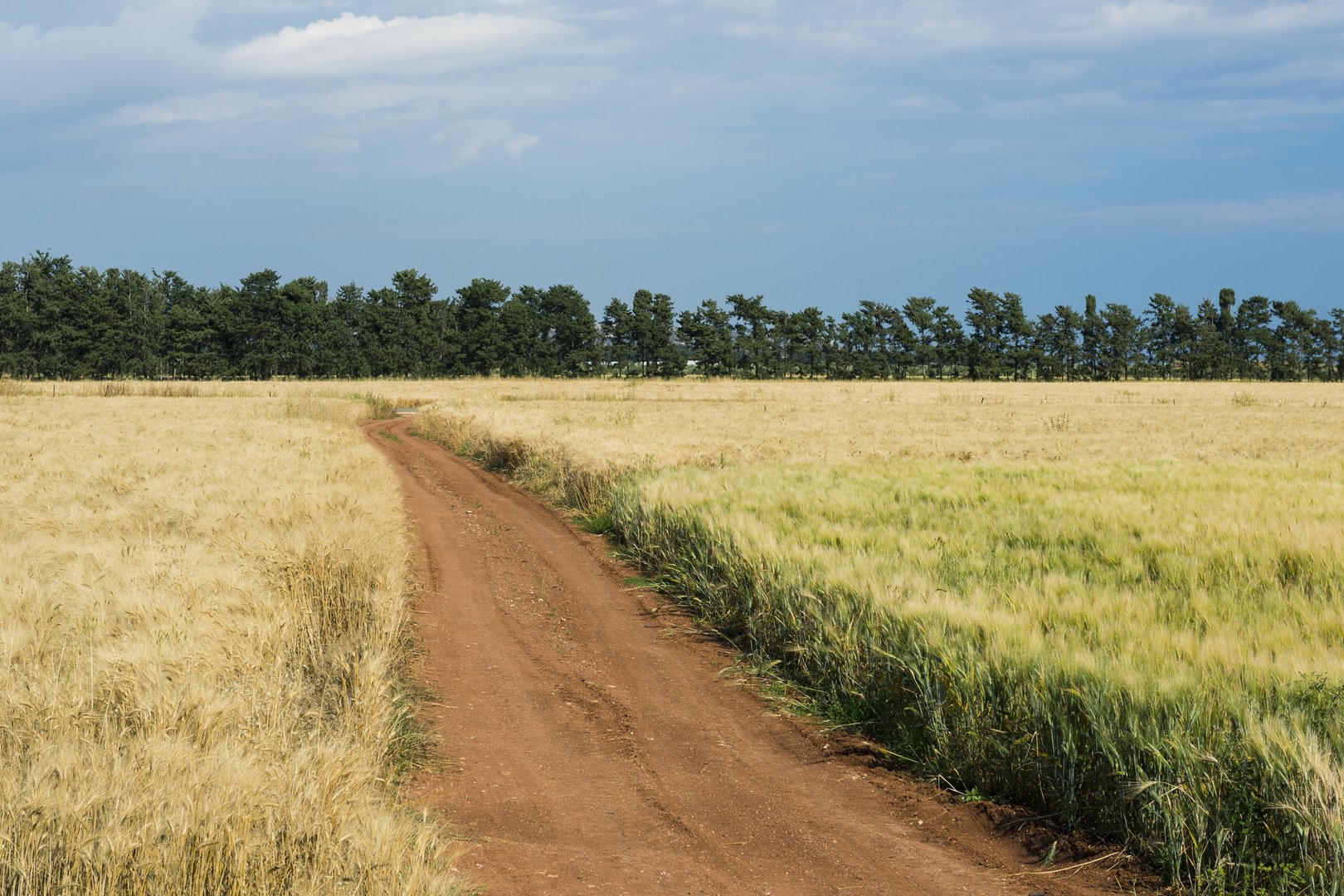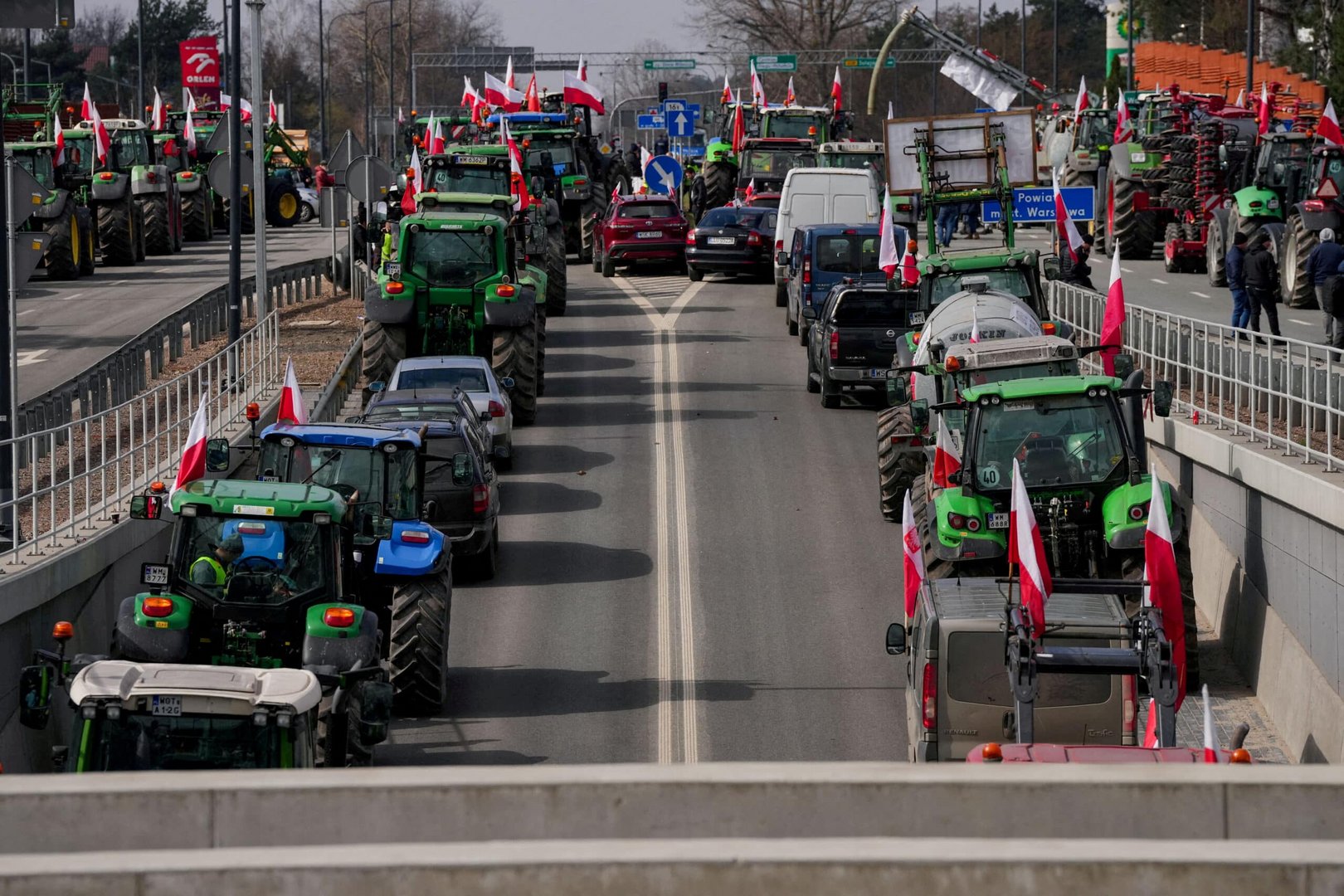It really is time to challenge the logic of EU farming policy and the way it is formulated.
The Common Agricultural Policy (CAP) is hardly ‘fit-for-purpose’ at the best of times, and these are far from the best of times for the CAP. The EU decision-making mechanism is currently engaged in a deeply undemocratic and environmentally damaging CAP ‘deregulation’ effort. ‘Deregulation’ is a euphemism for throwing out what little environmental good was in this giant policy instrument, which accounts for about a third of EU budget spend.
It all stems – it seems clear – from the well-publicised recent farmer protests across Europe and from a growing dominance of conservative and far-right ideas in EU politics. In the bigger picture, it is part of a gathering, dark storm of anti-environmentalism and democratic erosion.
At root, the issues underlying this ‘deregulation’ effort are quite simple, but also fundamental. They are to do with how farming should be supported and how taxpayers’ money should be spent in the EU, on the one hand, and with the democratic decision-making process within the 27-nation bloc, on the other.
Personally, and like many environmentalists, I have no real issue with EU funds supporting agriculture. It is a vital sector, after all. I insist, however, that this support be about supporting sustainable agriculture in the context of a world facing a growing biodiversity and climate crisis. This means incentivising farming practices that actively protect agricultural ecosystems, nurture biodiversity and reduce climate impact (while prioritising farm animal welfare to boot). Support should come with a strict baseline of clear environmental conditions – such as allowing a minimum of 10 per cent ‘space for nature’ in all cultivated plots; a corner or strip that can, for example, be left fallow for ‘bugs and birds’. Farmers doing more for sustainability and wildlife – by devoting land to a hedgerow, say, or by not using pesticides – should be rewarded accordingly, with higher support rates. Such a policy instrument would make sense for farm productivity in the long-term, as this productivity ultimately depends on a healthy, balanced agricultural ecosystem, rich in biodiversity, and on a stable climate. This would be taxpayers’ money spent well, for the greater public good.
This is a sustainability argument the architects of the CAP are very much aware of and are keen to pay lip service to. But even before ‘deregulation’ came along, any but the most cursory of examinations of the green credentials of the CAP would find it wanting. The ‘Space for nature’ requirement, for example, was just 4 per cent, and not even for all cultivations, rendering it next to meaningless from an ecological point-of-view. Most CAP funds still go to big, rich farms (80 per cent of subsidies go to just 20 per cent of farms, including here in Cyprus) and with hardly any tangible environmental benefit.
So the CAP baseline was already bad enough, despite the ‘greenwash’ hype. Then, earlier this year, come the tractor protests and the burning pyres or tyres as thousands of farmers protested across the EU. Struggling with a cost of living crisis, farmers came out against EU sustainability policies and late payment of subsidies, rising fuel costs, competition from imports and the effects of the war in Ukraine.
The response from Brussels was swift and is now fast shaping into a crime against the environment, sustainability, farming, democracy and fairness.
The European Commission rushed to draw up a deregulation package or “CAP simplification package”, essentially removing all environmental rules attached to the farm subsidy system. The European Council then sped to unanimously approve this package (with only Germany abstaining) and send it on to the European parliament.
Last week, the European parliament voted overwhelmingly in favour of following ‘urgent procedure’ to speed up the package scrapping the green in the CAP. (Note that among our MEPs, Giorgos Georgiou at least voted against this motion, while Eleni Stavrou and Demetris Papadakis voted for). Following ‘urgent procedure’ for a proposal of this magnitude and impact is deeply questionable on democratic grounds. Add to this the fact that the reform was developed following an ad-hoc consultation process that lasted no more than one week (!) and involved only four big EU farming organisations – two of which were against the deregulation (!) – and a worrying precedent is being set.
The European parliament is expected to vote on the package before the end of April. If approved by MEPs, the ‘removal the green’ gets formally adopted by the European Council, signed by the representatives of the council and the European parliament and published in the Official Journal. If all goes to plan, the ‘deregulation’ will enter into force before the end of Spring…
There isn’t the space here to go into all the details of what ‘deregulation’ includes, but let me focus on the already mentioned example of ‘space for nature’ provisions, which encapsulates what is at stake. Under the reform, out goes the 4 per cent “…minimum proportion of arable land…set aside for non-productive land and landscape features, including fallow land”. All that remains of the relevant subsidy condition is an obligation for “no removal of [existing] landscape elements” and a “prohibition of cutting hedges and trees during the breeding and nesting season of birds”, plus an optional measure to “combat invasive plant species”.
In another ‘deregulation’ measure, the EU Commission proposes that all small holdings (< 10 ha) be “generally exempt from all conditionality requirements”. This would translate into most farmers in receipt of CAP subsidies in Cyprus – and many other EU countries – never being checked for environmental compliance.
Last week’s statement by BirdLife Europe says it all: “This is just incomprehensible, not based on any science, and will leave farmers vulnerable to the impacts of the climate and nature crises, which is already gravely affecting their yield and pay. Instead of offering real solutions, our politicians are giving in to the propaganda of the conservative and far-right parties that are using environmental rules as a scapegoat for all problems farmers face. Agreeing on the urgency procedure sidelines democratic debate and hinders proper assessment of a reform that affects 30 per cent of the EU budget!”
Unlikely as it looks, let us hope the European parliament will see sense and throw out the ‘deregulation’ package. Failing that, any semblance of ‘green’ in the CAP will be gone, and along with it any vestige of legitimacy left in this policy instrument.
Martin Hellicar is director of local nature conservation NGO BirdLife Cyprus








Click here to change your cookie preferences